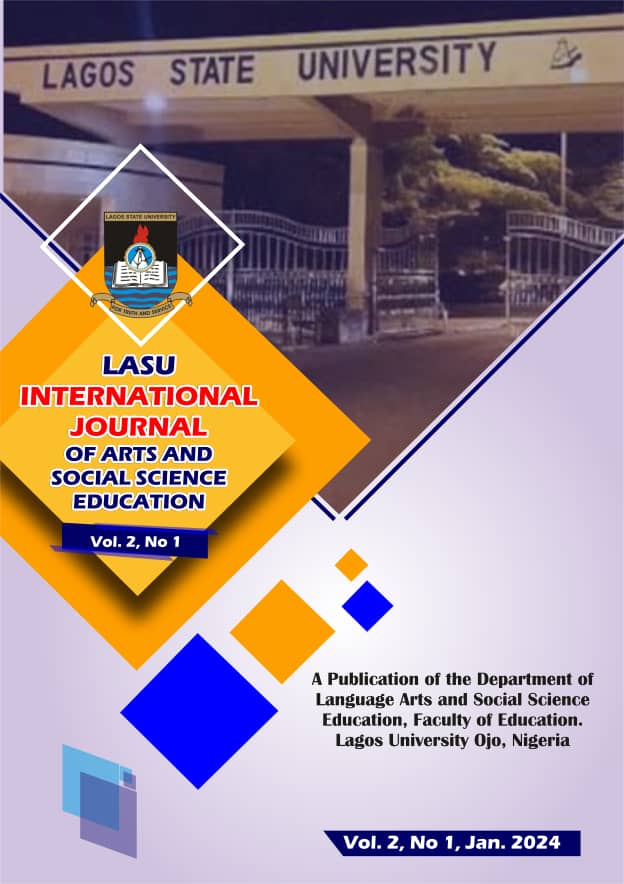This study investigated the influence of the home environment on the academic performance of secondary school students in Islamic Studies in Osogbo Metropolis, Osun State, Nigeria. Three research questions and corresponding hypotheses were formulated and tested. The population consisted of students from 220 senior secondary schools offering Islamic Studies in both public and private sectors in Osogbo. A simple random sampling method was used to select 10 public and 10 private secondary schools. From each school, 10 second-year Islamic Studies students (SSS II) were randomly selected, resulting in a total sample size of 400 students. The validity of the research instrument, the “Influence of Home Environment on Academic Performance in Islamic Studies Questionnaire (IHEAPISQ)”, was established through content and face validity reviewed by three faculty members from the Department of Arts and Social Science, Alhikmah University, Ilorin. The research questions were analyzed using mean and standard deviation, while hypotheses were tested at a 0.05 significance level using t-tests and ANOVA. Additional data analysis included Pearson correlation and independent sample t-tests. The results revealed significant differences in academic performance based on marital home background (f = 10.820, p = 0.01). However, the religious level of parents did not show a statistically significant influence on students’ academic performance (f = 417, p = 0.741), and the religious education level of parents similarly demonstrated no significant effect (f = 0.719, p = 0.542). Based on these findings, it was recommended that Islamic Studies programs adopt strategies to enhance parental engagement in students’ education.









